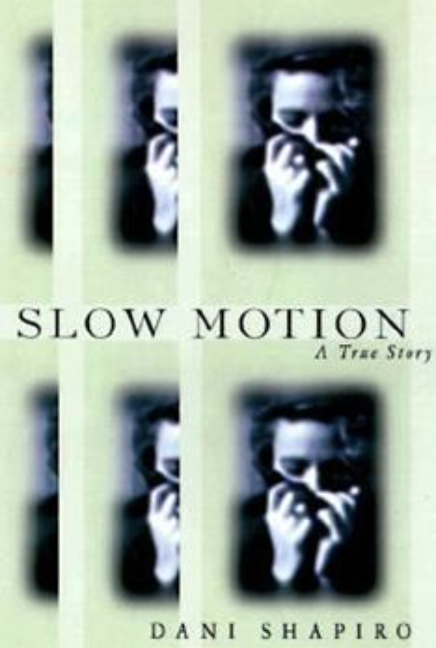
Every morning, the author Athena Dixon starts her day on a text thread with her parents and her sister: “Good morning.” “Have a good day.” “Love you.”
Here, already, you’re probably thinking, “That’s nice, Caldwell, but I thought this is supposed to be writing advice…?” Wait! It is! Because the Dixon family’s heartwarming daily tradition started after Athena published her book The Loneliness Files last October.
“My family and friends—I didn’t give them enough grace and enough love to understand that they would be here for me in any capacity I needed them to be, because I was so used to being hyper-independent,” Athena said in a visit to my class last month. “It took me putting my words into the world to really ask them for what I needed from them.”
When it comes to writing our stories, and putting them out in the world, it sometimes feels like we spend a lot of time imagining the worst outcomes. Students air their fears about this in class all the time. I wrote about it for the Writer magazine once, and so did my colleague Melissa Petro (who once got fired after publishing one of her stories). Heck, next month, I’m going to moderate a whole panel at Gotham’s nonfiction conference about managing hot-button topics and sensitive family members.
I’m not saying there’s nothing to fear. I’m saying, maybe we don’t talk about the good stuff enough.
And Athena’s experiences with her book are solid evidence that there’s lots of good to talk about. She started out simply trying to chronicle what it was to live alone during lockdown in 2020, but quickly, as most writers do, she found herself examining the experience, and then researching loneliness and its after-effects, the way it’s spreading through our culture.
And that’s the where the first really good thing happened. She understood herself better.
“Writing the book, it allowed me to kind of lay all these things out on a page and for the first time in my life look at them very starkly, and figure out what part was useful for me, what part is a hindrance to me,” Athena said. “Then by the time I get to the end of the book, I’m discovering for myself that I think there’s no solution to my loneliness. But I think there’s usefulness in it. I think I know now when I’m hiding in it, and coming up with my own toolkit on how to navigate that.”
Once she dissected her life and stitched it back together again, a story started to take shape, she said. And then a book. Her early drafts helped her secure a residency at Tin House, where she connected with Hanif Abdurraqib, an editor-at-large with the prestigious independent press Tin House Books. Abdurraqib would eventually acquire, edit, and publish her book. Which led to a book tour, and connecting even more with the writing community. And also to more honest conversations with her loved ones about leaning on each other. And a new family tradition.
Then, most recently, it led last week to Athena signing with an agent, Danielle Bukowski at Sterling Lord Literistic.
I’m skipping over the hardest parts here, especially how painful it is to dissect your own life, as Athena did, as writers do. I’m skipping over the part where Athena struggled with depression during the long, lonely lockdown months. I’m skipping over the many rejections she’s racked up in her career.
Athena doesn’t skip them, though. “Everything that I write that I put into the world is something that I’ve sat with and said, ‘I’m okay with people talking to me about this, I’m okay with people asking me about this, interpreting it, liking or disliking it,’ ” she said. “That’s how I buffer myself.”
The hard stuff, the risks, are always there. And that’s good, in its way, too. Because it’s the hard stuff — the uncomfortable truths we excavate, the failed first drafts, the flashbacks and setbacks — that make our victories so much sweeter.

Kelly Caldwell
Dean of Faculty






